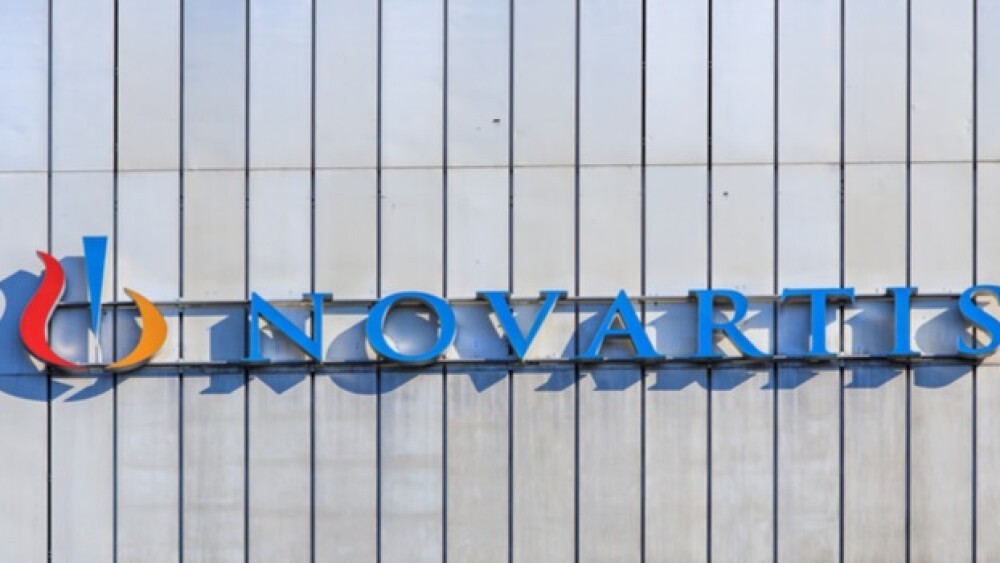A post-hoc analysis of a Phase II sickle cell disease study showed that patients treated with crizanlizumab significantly reduced occurrences of vaso-occlusive crisis, a serious disease complication that can lead to organ failure.
Denis Linine / Shutterstock.com
A post-hoc analysis of a Phase II sickle cell disease study showed that patients treated with Novartis’ experimental humanized anti-P-selectin monoclonal antibody crizanlizumab significantly reduced occurrences of vaso-occlusive crisis, a serious disease complication that can lead to organ failure.
The analysis of the Phase II SUSTAIN study showed that 35.8 percent of patients treated with crizanlizumab did not experience a vaso-occlusive crisis vs. 16.9 percent of those on placebo. Novartis said that number was specifically for patients who had a history of two to 10 vaso-occlusive crisis in the previous year. Waso-occlusive crisis (VOCs) are triggered by multi-cell adhesion and are associated with increased morbidity and mortality, and can result in stroke, as well as organ damage or failure. Novartis noted that current treatment options for VOCs are limited.
The post-hoc analysis followed 132 patients for one year, which included 67 who were treated with crizanlizumab. All of the evaluated patients had a history of at least two VOCs in the year prior to enrollment, with a vast majority, 62.9 percent, having experienced two to four events and 37.1 percent having gone through five to 10 events. The analysis found that treatment with crizanlizumab may prevent VOCs in patients who have a history of VOCs.
“The insights gained from this analysis and others from the SUSTAIN study, strengthen our belief that crizanlizumab may become an important new therapeutic option for sickle cell patients who continue to need step changes in medical innovation,” Samit Hirawat, head, Novartis Oncology Global Drug Development said in a statement. “This is another example of what we mean when we say we are reimagining medicine.”
Novartis noted that of all the subgroups evaluated in the Phase II trial, “a considerable number of patients across multiple subgroups treated with crizanlizumab did not experience a VOC compared with those treated with placebo.” The most common genotype for sickle cell disease, homozygous hemoglobin S (HbSS), was identified in 71.2 percent of SUSTAIN patients. There were no new safety concerns discovered in the trial, Novartis added.
The post-hoc analysis certainly isn’t the first positive news Novartis has released regarding crizanlizumab as a treatment for sickle cell disease. Phase II data showed that crizanlizumab reduced the median annual rate of sickle cell pain crises (SCPCs) by 45.3 percent compared to placebo. SCPC is another name for vaso-occlusive crises.
Abdullah Kutlar, head of the Sickle Cell Center at the Medical College of Georgia, said the painful crises that sickle cell patients can experience are “the hallmark of the disease and the primary cause of hospitalizations in this patient population.” Kutlar noted that the results from the post-hoc analysis indicate that treatment with crizanlizumab not only has the potential to delay or prevent the VOCs, but could also mean less organ damage in the long run of patient care.





